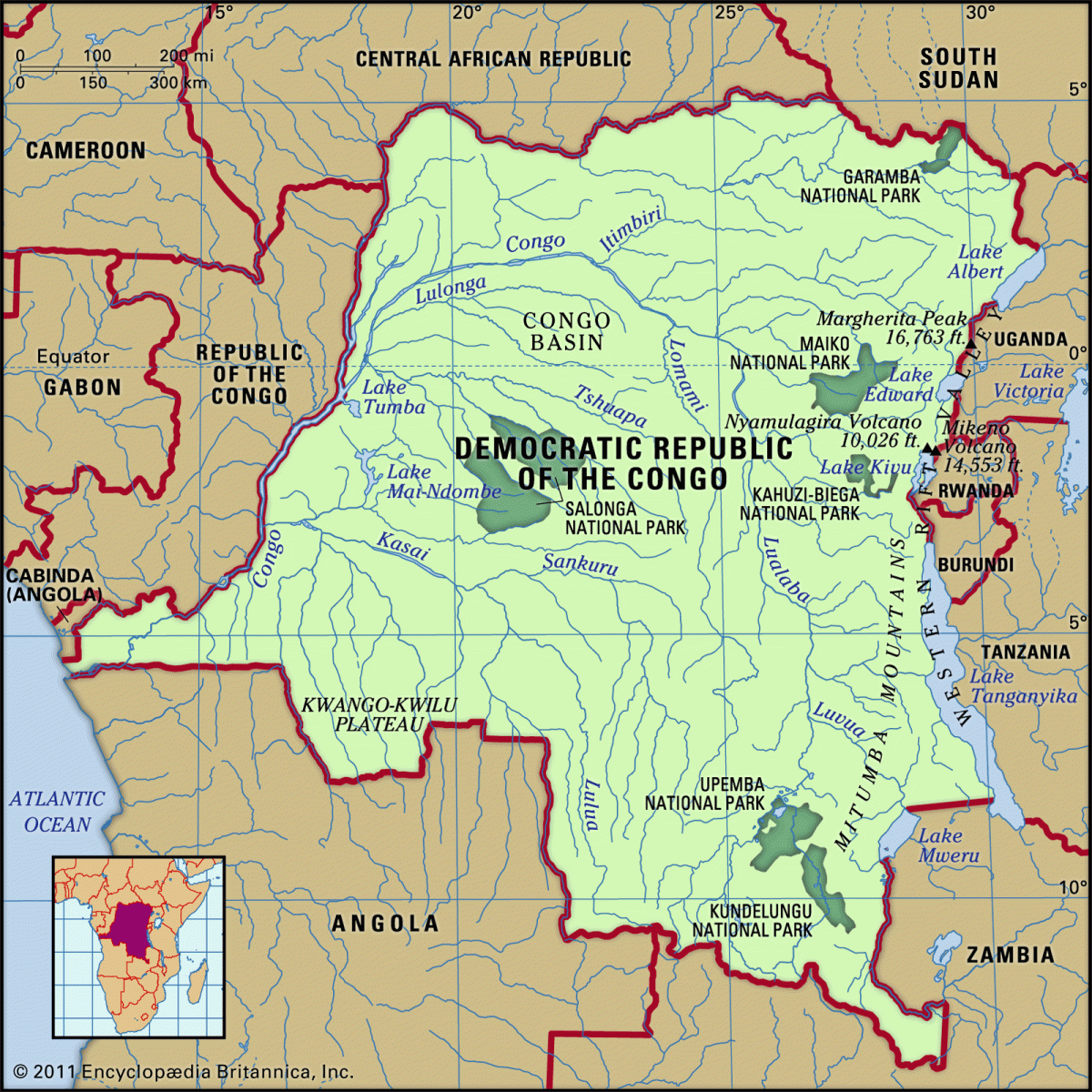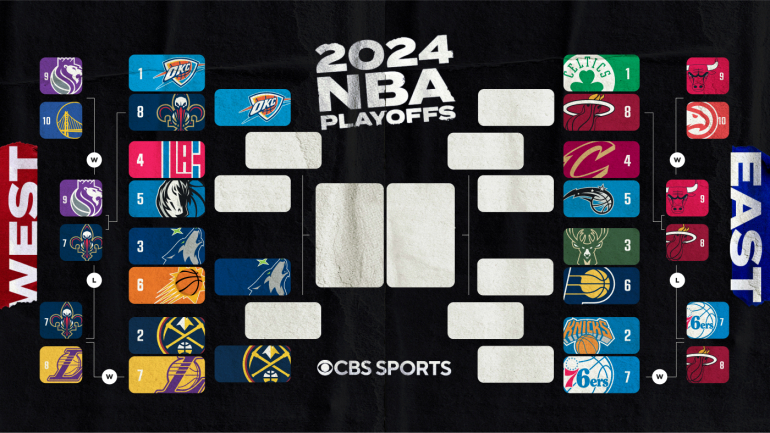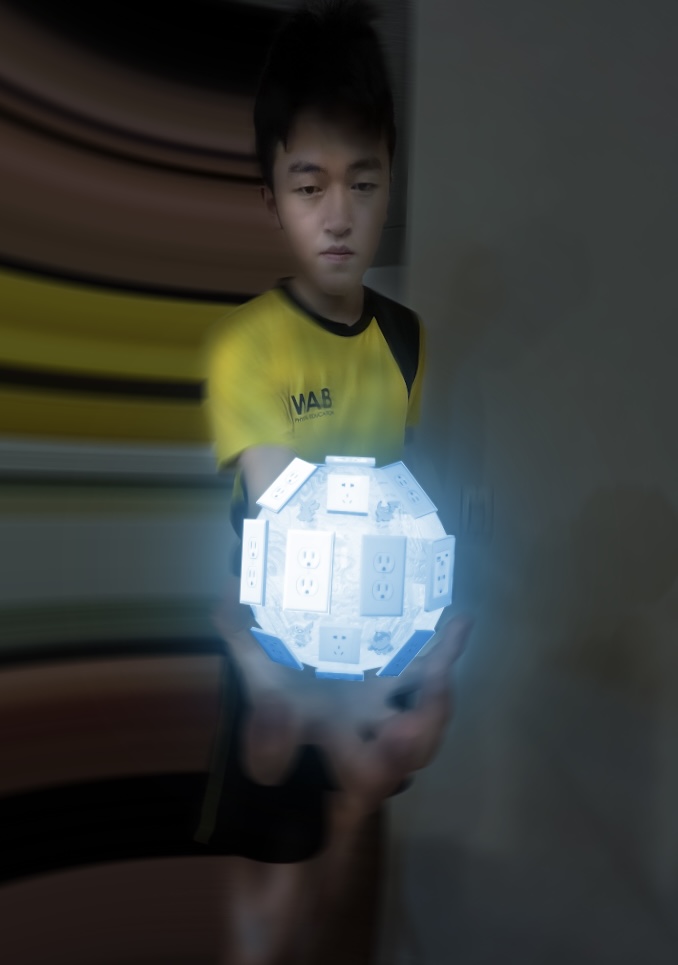New Wordle Virus
March 28, 2022
While everyone’s attention has been occupied by COVID-19, a new virus has sneakily made its way across the Peddie campus. Don’t freak out! It’s just Wordle. Although Wordle is hardly dangerous in any way, its influence within the Peddie community perhaps calls for some attention. In and out of class, on computers or phones, people have been witnessed scratching their heads over the five-letter word game.
Wordle is an online word game developed by Welsh-born software engineer Josh Wardle. The player is shown a 5×6 grid which gives the player six attempts to guess a five-letter word. For every letter entered, the grid either turns gray, yellow or green. A gray box indicates that the letter is not in the designated word of the day. A yellow box indicates that the letter does appear but is not placed in the right position. A green box indicates that the letter is placed in the correct position.
Wordle’s popularity has been on the rise across the whole world. At the beginning of January, there was an estimated 300,000 players. The number now sits at around 2 million globally. At Peddie, a good number of students and teachers are part of that large population. Science teacher Madeline Cozine said that she “started playing [Wordle] regularly after [a] coding session with Mr. Sawula about how to cheat using conditional statements on a word list.” Ula Fu ’23 also reflected that she “got addicted to Wordle when we went on a Wordle marathon in EXP class.”
Part of why Wordle has become so popular lies in the beauty of simplicity. Cozine said that “[she] loves it because it is a quick distraction that requires you to focus on one task for just a short period of time.” Moreover, Wordle is addicting because of the positive experiences associated with completing each day’s task. Cozine added that “there is a sense of accomplishment when you figure out the word in three tries or less.” Despite being a simple and quick word game, Wordle is capable of challenging your brain in less than five minutes. From an academic perspective, Cozine believes that Wordle is a great game to “hone your logic skills and [practice] recognizing patterns – both of those are great skills for a research scientist to have.”
Due to its rising popularity, the internet is also seeing different variations of Wordle. Wordle is available now in different languages, including French, Italian, Spanish, Portuguese, Swedish, German and Norwegian. Spinning from the original five-letter version, Wordle now can also be played for words ranging from four letters to eleven letters. There are also versions of Wordle that are created based upon a specific theme. There is even a version named Absurdle where the target word changes with each guess, making the game much more difficult but perhaps even more encaptivating.
In response to the viral trend, Wordle has recently been bought by The New York Times for a price “in the low seven figures.” Contrary to some concerns over the purchase, The Times has declared that Wordle will remain free and accessible to the public. As such, Wordle’s popularity will likely continue to grow steadily, if not exponentially, following the purchase.


































